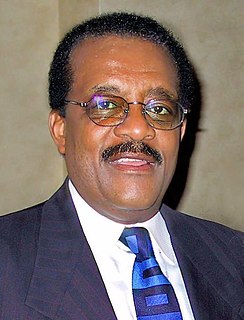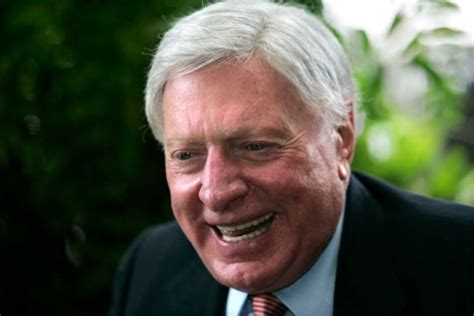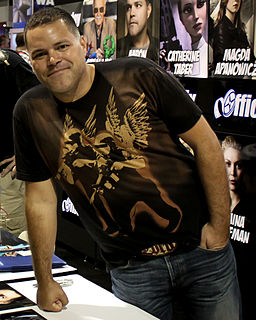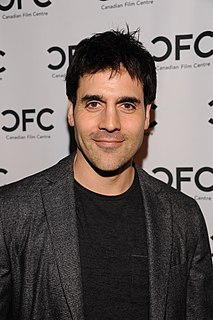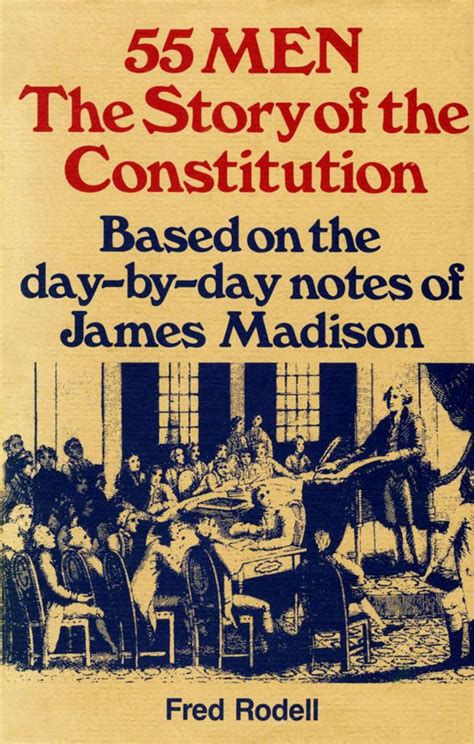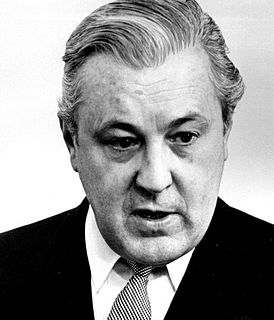A Quote by Johnnie Cochran
Jurors want courtroom lawyers to have some compassion and be nice.
Related Quotes
A lawyer once told a jury that the person his client stood accused of having killed was about to walk through the courtroom door. When the jurors looked startled, the lawyer asserted that if those jurors had wondered, even for one second that the victim might appear, that belief constituted enough reasonable doubt for them to find his client innocent.
Most lawyers aren't trial lawyers. Most lawyers, even trial lawyers, don't get their problems solved in a courtroom. We like to go to court. It seems heroic to go to court. We think we're the new, great advocates, better than anything we've seen on TV, and we come home exhilarated by having gone to court.
The lawyers' contribution to the civilizing of humanity is evidenced in the capacity of lawyers to argue furiously in the courtroom, then sit down as friends over a drink or dinner. This habit is often interpreted by the layman as a mark of their ultimate corruption. In my opinion, it is their greatest moral achievement: It is a characteristic of humane tolerance that is most desperately needed at the present time.
Sometimes people feel disappointed when they hear about practicing compassion: "You mean I have to be nice?" It's kind of a letdown. We often overlook compassion, seeing it as merely a pit stop on the way to more advanced practices. We want something more; we don't even know what. But that's just a trick of our mind. One of the greatest teachings is to practice compassion.
The Lawyers' trade is a trade built entirely on words. And so long as the lawyers carefully keep to themselves the key to what those words mean, the only way the average man can find out what is going on is to become a lawyer, or at least to study law, himself. All of which makes it very nice -- and very secure -- for the lawyers.
Jury instructions are so numerous and complex, it's a wonder jurors ever wade through them. And so it should come as no surprise that they can sometimes get stuck along the way. The instruction on circumstantial evidence is confusing even to lawyers. And reasonable doubt? That's the hardest, most elusive one of all.
The ethical practices of lawyers are probably no worse than those of other professions. Lawyers bring some of the trouble on by claiming in a sanctimonious way that they are interested only in justice, not power or wealth. They also suffer guilt by association. Their clients are often people in trouble. Saints need no lawyers: gangsters do.
